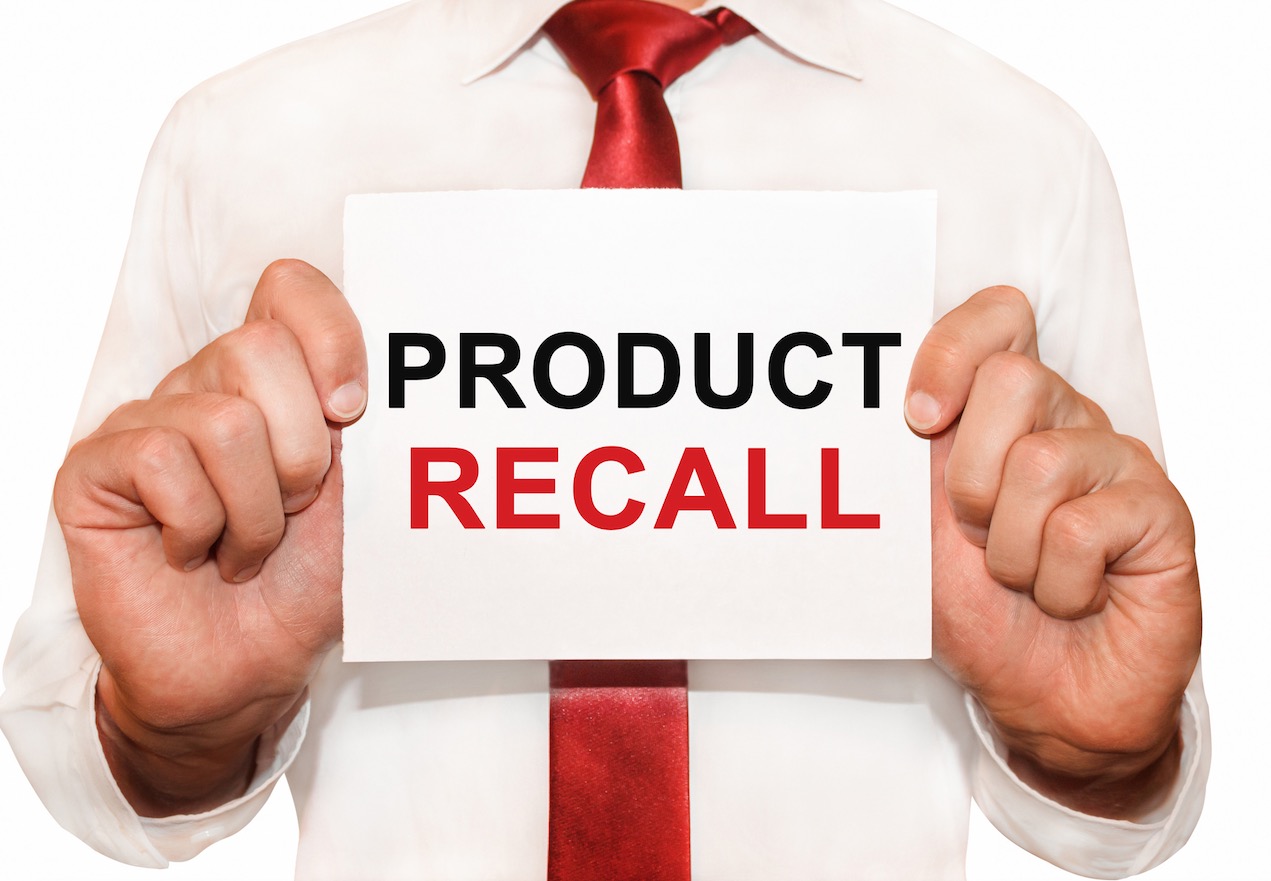While it would be nice to assume that any food you buy will be safe to eat, the fact of the matter is that food recalls are a shockingly common occurrence. In fact, the Food and Drug Administration (FDA) regularly recalls food due to some kind of serious safety issue. Here are five common reasons that a food you purchase may be subject to a recall:
- Mislabeling
- One surprisingly common issue seen in many food recalls is that a product is mislabeled. Sometimes this occurs because the same factory that produces one product also produces another product, and the labels for the products get switched. Other times, the label itself has erroneous information on it, misleading customers about the food’s contents. In both cases, customers can be put at risk when the food they purchase does not contain what they think it does.
- Undeclared ingredients
- Another distressing problem seen in many food recalls relates to undeclared ingredients in food. The presence of undeclared eggs, nuts, fish, or other similar ingredients can lead to serious problems, particularly if someone with a food allergy unknowingly consumes food they are allergic to. In some cases, even mild exposure to a food allergen can result in the need for emergency medical attention, or even hospitalization.
- Failure to properly prepare or process food
- All types of food need to be carefully prepared, processed, and stored on their way into the hands and mouths of consumers. However, equipment failures, untrained workers, or just plain negligence can result in failures to appropriately process or prepare food, resulting in potential safety issues. When these kinds of failures are found, the FDA may issue a recall as a precautionary measure, to ensure people are not harmed by improperly prepared or processed food.
- Microbial contamination
- Although food producers typically go to great lengths to ensure their food is safe to eat, there is always the risk of dangerous microbes tainting the food. Bacteria like salmonella, listeria, or E. coli all can potentially grow in improperly prepared or stored food, and sicken anyone who consumes them. This kind of contamination can happen entirely by accident, but the risk of contamination increases when workers fail to adhere to appropriate hygiene standards.
- Chemical contamination
- During the process of farming, processing, and storing food, there is always the risk that unsafe chemicals will make their way into food products. For example, farmers may use unsafe pesticides or antibiotics that have a harmful effect on humans, or producers may put unsafe additives to make their food more appealing. When this happens, food recalls may be necessary to prevent harm to the public.
If you have been injured as a result of someone else’s negligence, you should contact the Tennessee personal injury lawyers at the Keith Williams Law Group. With convenient offices located in Nashville and Lebanon, our lawyers will work with you to create a litigation strategy that protects your legal rights and serves your personal needs. For more information or a free consultation, please contact us at 615-444-2900 or visit our contact page.


Leave A Comment